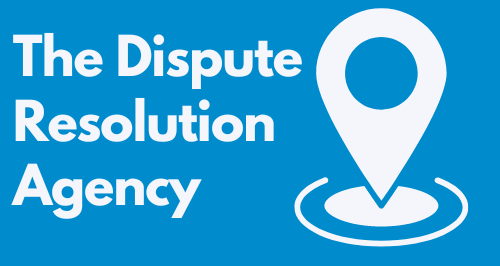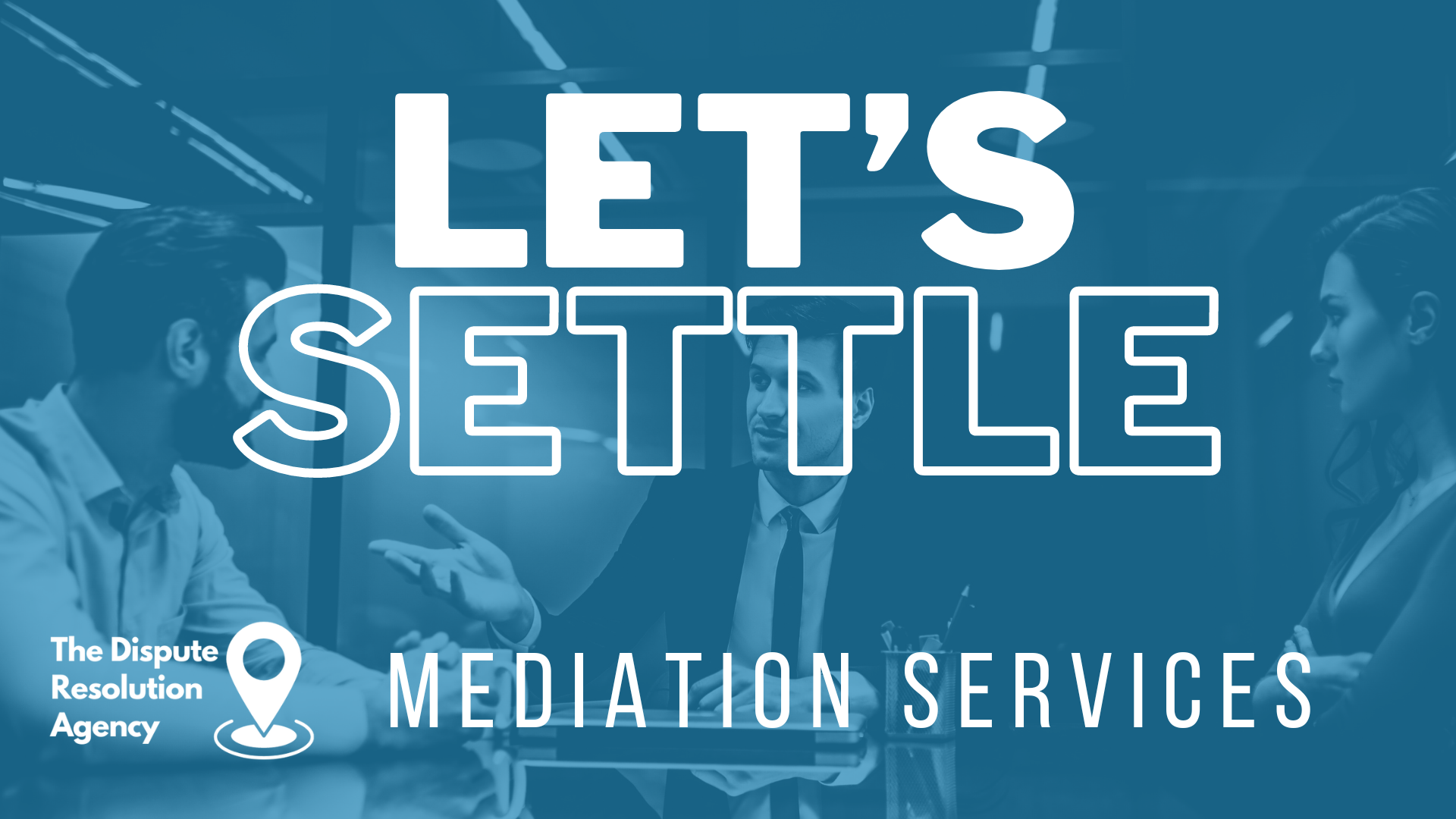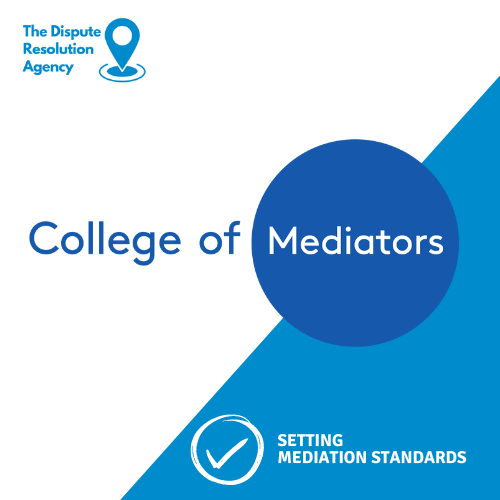Workplace Mediation for HR Professionals and Managers
A short guide to workplace mediation for HR professionals and Managers

In this short guide we will explore what workplace mediation is and how it works in practice. We shall also look at how you can work with your mediator and what happens before and after the mediation session.
What is workplace mediation?
Mediation is a form of dispute resolution whereby you work with a neutral professional, your mediator, to help facilitate conversation and agree outcomes. Workplace mediation does not usually involve claims about money or contract performance. Issues usually relate to the relationships between members of the workforce. Mediation allows co-workers to identify issues and put in place lasting strategies for better working environments.
Mediation can be used before a grievance is raised but this is usually the trigger for action. Other indicators for co-worker unrest can include:
- Absences
- Appraisals and promotions
- Bullying
- Changes to the working environment
- Customer complaints increase
- Morale issues
- Performance issues
- Productivity issues
As an HR professional or manager, you can spot issues and use mediation as a method to de-escalate and keep the workforce on track. It is far easier to deal with niggles than a formal grievance or dispute.
What to expect from a workplace mediation
For those who have not yet experienced mediation, we have provided a short outline. Mediation is a positive process which provides a safe space for your colleagues to talk and vent and start working on strategies and outcomes that work. It’s a confidential process and your mediator will not share the details of conversations with anyone outside of the mediation. However, your mediator will report specific outcomes and will seek approval of any element that requires authorisation from a decision maker.
Timings and delivery of mediation:
Mediation is usually a full day (8 hours) plus preparation and any follow up support needed. Your mediator will attend your place of work if you have a suitable space to hold the mediation, or we can arrange a venue.
Mediation can be conducted online (video/telephone) and may take place over a course of sessions. Your mediator will discuss your needs and ensure that everything is arranged in good time.
The preparation will include a pre-mediation call with each co-worker. This is to introduce the mediator, find out about the core issues, and set the scene for the day. This session is no more than 30 minutes and will be a chance for the co-worker to ask questions and start to prepare for the day.
Following the mediation:
Your mediator will schedule a call with each co-worker to check-in and help ensure that what was agreed is still on track. This session will help the co-workers to work through any pragmatic barriers and find solutions to post-mediation agreement issues. If further input is requested or identified, your mediator will feed this back to you and seek approval.
Is mediation embedded in our internal policy and procedure?
Mediation is a form of neutral support. Some organisations take the step of embedding this into their culture and grievance/disciplinary processes. Your organisation may have an existing policy or procedure which compels the consideration or use of mediation when a grievance is raised. If you need a policy or wording, please ask us for our template which you can adapt.
Having mediation embedded into your organisation provides a clear message about your culture and how you deal with co-worker disputes. Mediation provides a time-saving device too. Engaging with this model reduces the impact on HR and management to investigate matters that can be dealt with locally and swiftly. This enables only the most intractable conflicts and disputes to proceed to a formal internal procedure such as a grievance hearing.
When should we engage with a mediator?
Mediation is a useful tool for HR practitioners and managers. It is thought of as a method of fixing issues. However, the skills of a mediator can be used to better manage situations and reduce the existence of formal conflict.
HR Professionals and managers can learn and implement the principles of mediation and work with colleagues to embed a positive and fair culture when co-workers show signs of workplace relationship fatigue or distress.
The values and principles of mediation should be adopted as soon as a co-worker raises an issue with their line manager or with the HR team. Mediation can be as informal as an hour with a neutral team member to talk through issues and help clarify a situation.
Mediation should therefore be seen as an effective tool in the HR professional's and manager's toolbox rather than a last step before a tribunal hearing.
Finding the right practitioner
Workplace mediation has similarities to other forms of mediation. However, it has quite distinct nuances that require some consideration.
Whilst we advocate that workplace mediation can be conducted by any practitioner, having an understanding of workplace issues, and being involved in dispute management or resolution between co-workers are a must.
Searching for the right practitioner is now much easier with us. Head to our dispute resolution search page and enter what you are looking for. You will be able to shortlist professionals and request quotes through the portal.
What should you look for? We suggest entering terms that relate to the issues you are dealing with i.e. co-worker disputes, grievances, pay issues, bullying, and similar. The system will provide you with options and you can shortlist or contact your professionals directly.
Working with the parties (co-workers)
Your mediator will spend time with each party (co-worker). This is likely to include 1-2-1 time as well as joint meetings.
During a 1-2-1 session, your mediator will explore the issues from each person’s perspective and take the time to listen. They may help with understanding and re-phrasing so that the communication is as clear as possible between those involved. There may be information that the individual does not want to share with the other person and the mediator will keep this confidential.
During a joint meeting, your mediator will encourage conversation and sharing of issues. Each person will have uninterrupted speaking time, and the role of the mediator is to provide a space for each person to speak and for the other(s) to listen. This can take some time and is never rushed. It is a vital step towards resolution because everyone needs clarity about the underlying issues, and these cannot be resolved without understanding them fully.
When the parties are ready, the mediator will move towards thinking about what they can offer or are looking for. This discussion may come easily or it may be sensitive and take some time. Again, this will not be rushed. In some rare occasions, the parties are not ready to get to resolution during the mediation. However, following the mediation and a period of reflection, the parties may decide and agree on their own outcomes.
Where an agreement has been reached, this will be documented as a reference point for the co-workers. This agreement may be shared with HR if it is appropriate to do so or there is a requirement such as gaining authorisation for identified actions. The agreement is not a legal document but is an internal reminder of what each person has agreed to and what happens if the agreed terms are not adhered to.
The relationship with your mediator
The relationship between HR and the mediator is important. It is not too dissimilar to working with a legal or other external professional. The employer is the commissioning agent and as such your mediator will update you as to progress and outcomes but never the details discussed.
Your mediator will work with you to ensure that the arrangements are in place for the mediation to take place. They will ask you to:
- ·Collate the agreement to mediate (terms of conducting the mediation)
- Gain authorisation to proceed and PO or other financial requirements to be completed
- Share contact details so that the co-workers can be contacted directly by your mediator
- Share the request form for mediation (key information about the issues and needs)
- Confirm the venue and other formal arrangements
- Confirm post-mediation support or additional sessions and seek approval for these
What happens following a workplace mediation?
Mediation is usually very successful where the parties are fully engaged in the process and genuinely want to achieve resolution. Where this happens, an agreement is drawn up. This is a short document which sets out the key actions and obligations with timings and deadlines. These agreements are normally adhered to because they have come to the agreement without compulsion and of their own free will. Mediation will have addressed these issues and empower the parties to self-manage future situations. Your mediator will contact the parties in a few weeks following the mediation to ensure that they are on track and further intervention, or support is not needed.
In the rare occasion where an agreement has not been reached, your mediator will confirm this to you. This will provide you with an opportunity to continue with your usual procedures. You may need to speak to a professional about managing the situation or team training. Talk to your mediator about support options available to you as an organisation.
Need help with a workplace matter?
The Dispute Resolution Agency has a global team of workplace experts. We pride ourselves on having practitioners with relevant expertise and experience to help you and your colleagues achieve resolution. If you need support with any element of workplace conflict, please speak to our team on 03300 431 757 (UK) or by emailing help@disputeresolutionagency.com. You can also search our directory and find a professional here: https://www.disputeresolutionagency.com/workplace-dispute-resolution
Expert Advice











